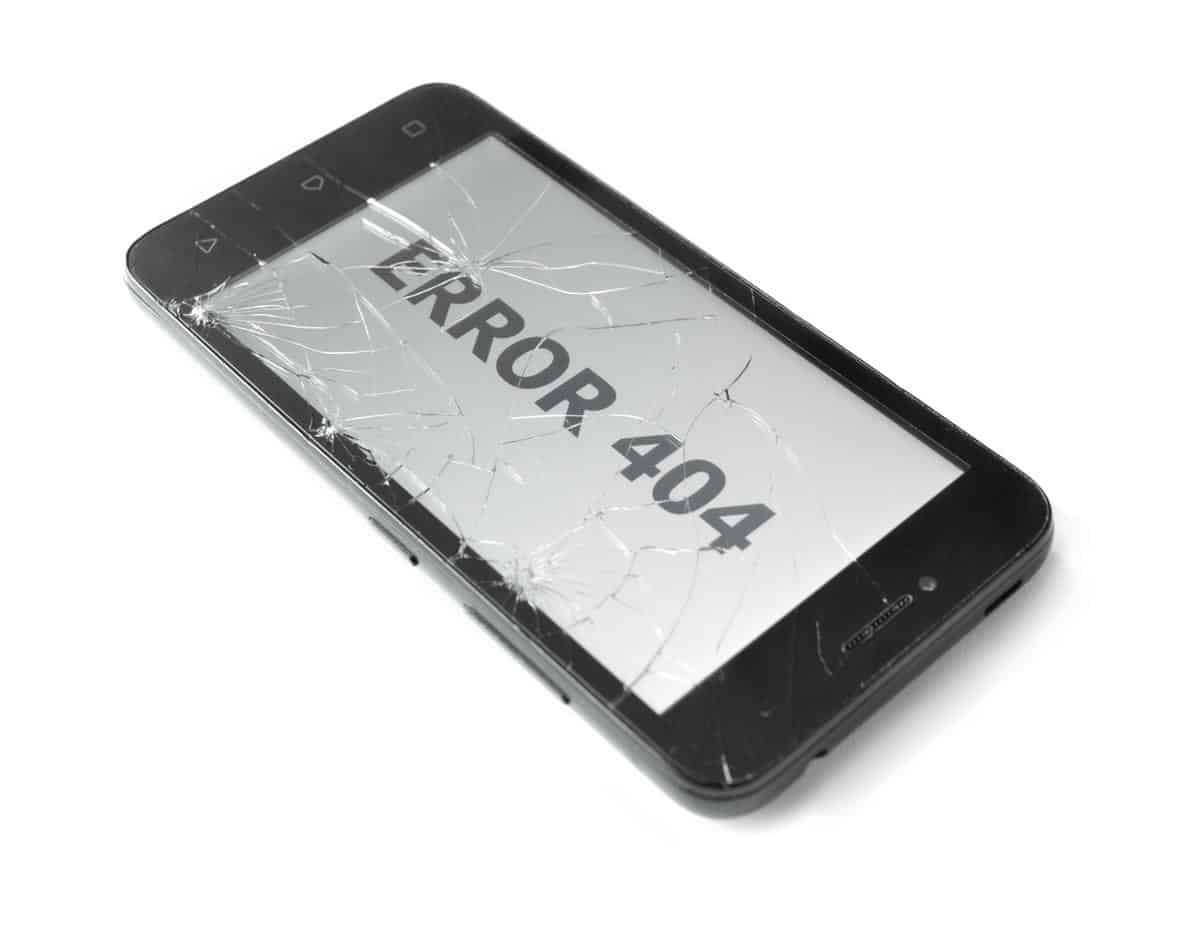With Scott Morrison scrambling to put together his government’s ‘road to net zero’ plans ahead of the COP26 climate summit at the end of this month, there’s no better time for businesses to rethink their approach to sustainability.
Despite the distraction of a global pandemic, some of Australia’s biggest businesses including AGL Energy, Coles, Sydney Airport, and Origin Energy have committed to net-zero targets in the past 12 months, according to the AFR.
While fashion, food, energy, and transport brands have typically received the most pressure to act sustainability, any business, large or small, can make a serious impact on the environment.
Save money, save the planet
No matter what industry they’re in, businesses can save a lot of money by implementing sustainable strategies, processes, and mindsets. With the right model in place, ‘sustainable’ and ‘budget-friendly’ can go hand in hand.
Companies and brands are currently facing rising landfill costs, making it more expensive to dispose of waste at the rubbish dump. Taxes and other government incentives are making it increasingly cheaper to reduce, reuse, and recycle materials.
A commitment to net-zero emissions is the gold standard, but businesses can take other, smaller steps to improve their sustainability credentials. Speak to your HR team (or have a word with yourself!) about potential areas for implementing more sustainable practices, especially when it comes to digital devices.
Technological waste severely damages the environment, and smartphones have heavily contributed to the escalation of this damage. In fact, e-waste is the fastest growing waste category on the planet. When you choose to discard your business cell phone, it could end up in a landfill and harm the environment. This is because your phone contains damaging toxins such as chlorine and mercury that could pollute the air and water supply around the landfill.
Make a careful assessment of your needs versus your wants and align them with your budget. What is your team using their phones for? In most cases, they probably don’t need the niche features in the latest iPhone and could simply choose to keep their old model or opt for a refurbished model instead. This way of thinking ensures employees have the best resources available to them while being socially conscious of the waste that is being produced.
The circular economy
Selling and buying refurbished phones on marketplaces like Reebelo is a concept that’s part of the circular economy. The circular economy is a way of producing and consuming goods that involves sharing, leasing, reusing, repairing, refurbishing, and recycling existing materials for as long as possible.
When you become part of a circular economy built on good value and good values, you can save money and help the planet at the same time. Thanks to the circular economy, consumers and businesses have started to associate sustainability with spending less rather than having to shell out more.
Platforms such as Rent the Runway and circular fashion marketplace Depop have implemented this way of thinking to great effect. Depop has over 30 million users across more than 150 countries, with a sustainability plan built around the UN’s Global Goals, the 17 objectives designed to tackle the systemic causes of extreme poverty. Australia’s first fashion currency, Swappay, is another great example. The business offers consumers the chance to swap unwanted clothes for ‘digital dollars’ to spend online.
With a bit of imagination, every business owner can take these examples and transform them into solutions that fit their industry. With so many clear business benefits to the circular economy, recycling and sustainable processes, doing the right thing should be an easy decision to make.
Read more: Sustainability: Solutions require diversity of leadership and talent
Read more: Make sustainability count for your small business
Keep up to date with Dynamic Business on LinkedIn, Twitter, Facebook and Instagram.

